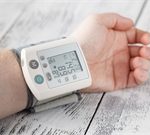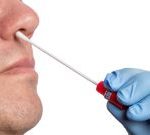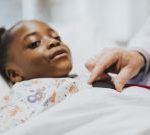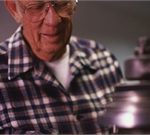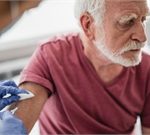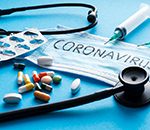
The U.S. Department of Agriculture (USDA) announced on Monday that it would extend its flexible free school meals program through the fall, to help keep millions of kids fed as the coronavirus pandemic continues to hold the country in its grip. The program, which allowed parents and caregivers to collect free meals for their kids at any school this summer, was set to expire at the start of September but pressure had been mounting on the agency to continue the program, the Washington Post reported. In mid-August, Secretary of Agriculture Sonny Perdue said that extending the full scope of the free meals for kids program beyond August would go “beyond what [the] USDA currently has the authority to implement and would be closer to a universal school meals program which Congress has not authorized or funded.” However, Perdue said in a statement released Monday that his agency was “extending summer meal program flexibilities for as long as we can, legally and financially.” The statement said the millions of families that rely on the program would be able to do so until as late as the end of the year. “We appreciate the incredible efforts by our school foodservice professionals year in and year out, but this year we have an unprecedented situation,” Perdue said. “This extension of summer program authority will employ summer program sponsors… read on >











